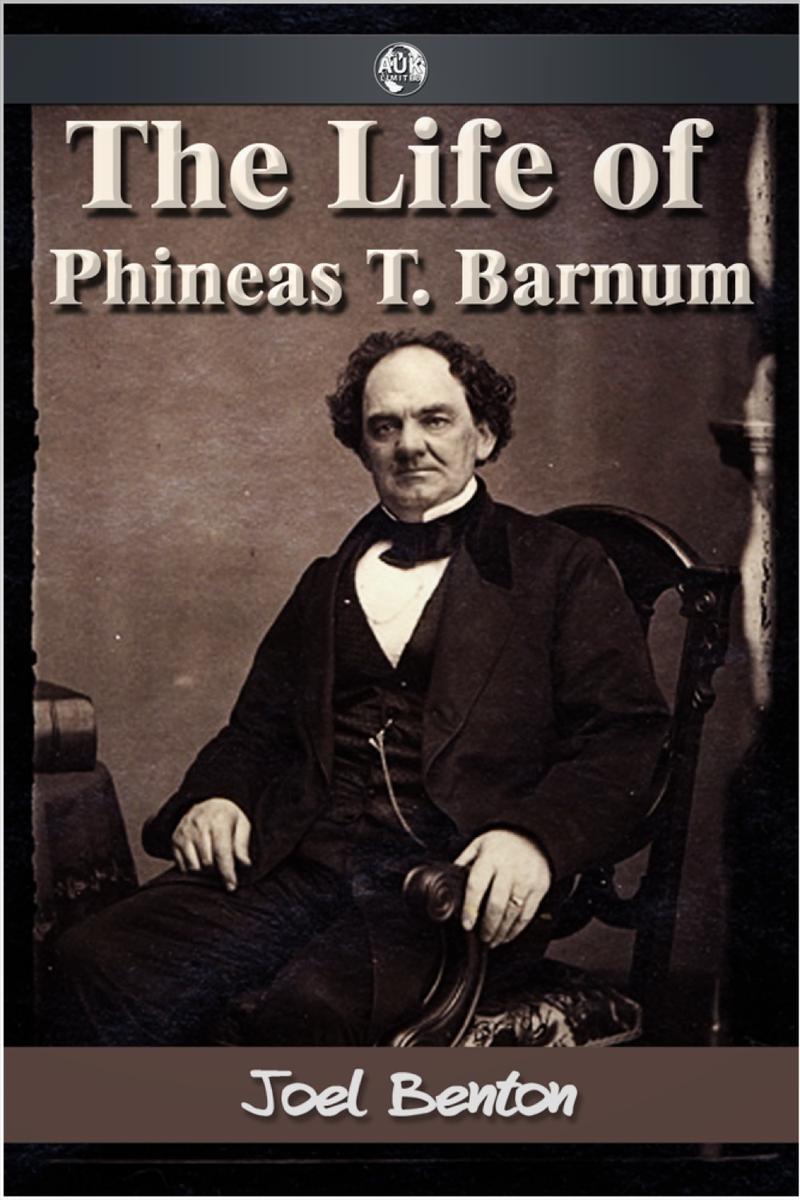
Life of Phineas T. Barnum
¥19.52
A fantastic comprehensive biography of one of the greatest showmen of history: Phineas Taylor Barnum, most famous for his entertaining hoaxes and the disputed origin of the phrase 'There's a sucker born every minute!'
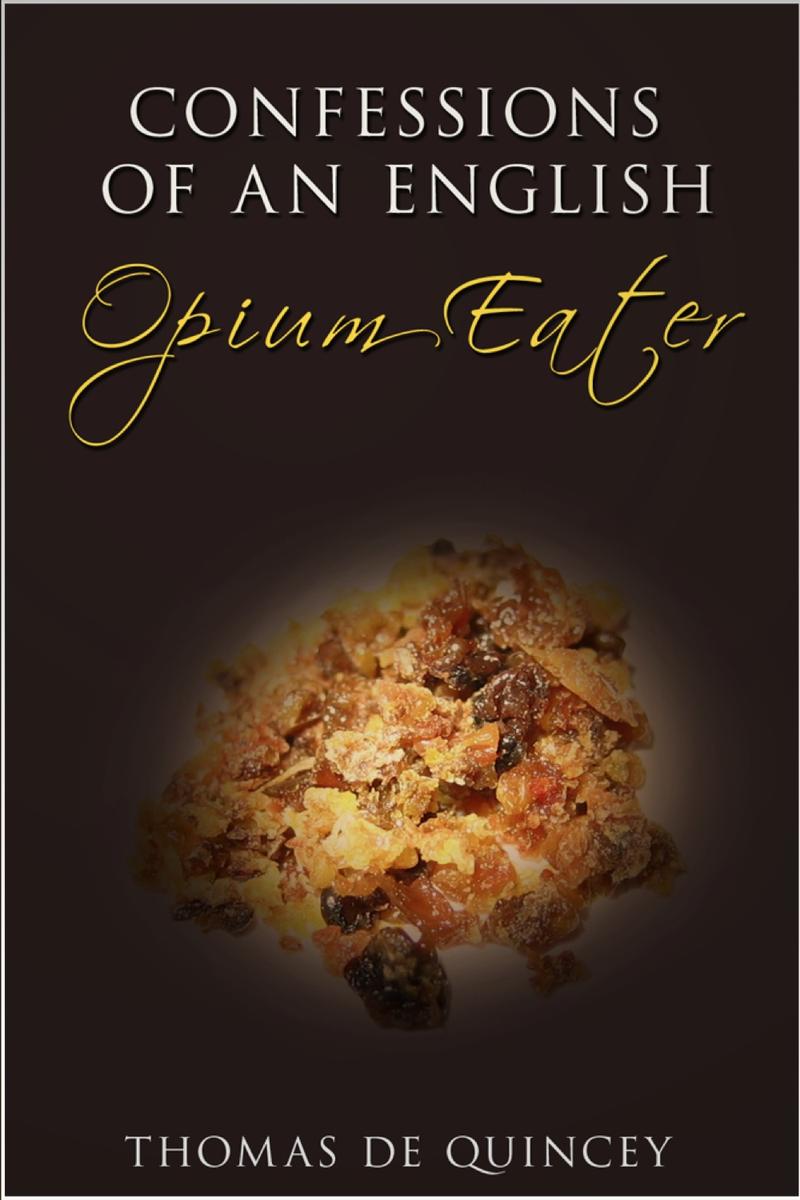
Confessions of an English Opium-Eater
¥19.52
English author Thomas de Quincey's autobiographical account of his addiction to laudanum (opium and alcohol) was his first major success. It paints a fascinating picture of the lives of the opium-eaters in 19th century London.

5 Seconds of Summer Quiz Book
¥24.43
Are you a fan of 5 Seconds of Summer? Can you name all the band members? Have you followed the success of the Australian band from the early days through to supporting One Direction on tour and releasing their debut album? If you think you know all about the boys from down under, there is no better way to test your knowledge than with this fun quiz book. What was 5 Seconds of Summer originally going to be called? What record label produced the band's single 'Good Girls'? What award did 5 Seconds of Summer win at the 2014 Billboard Mid-Year Music Awards? The answers to these questions and more can all be found in this book. Packed with fun facts The 5 Seconds of Summer Quiz Book documents the band's journey to date. With 100 questions all about your favourite group, including songs, awards, tours and personal details about each individual member, this is the book fans of 5 Seconds of Summer won't want to be without.

Rita Ora Quiz Book
¥24.43
Are you a fan of Rita Ora? Have you followed her rise to fame from the release of her debut album through to becoming a coach on the UK TV show The Voice? Whether you are already familiar with the charismatic singer from London, or would like to find out more, you won't want to be without The Rita Ora Quiz Book. What character did Rita play in the 2015 film Fifty Shades of Grey? Who directed the music video for Rita's single 'How We Do (Party)'? How many BRIT awards was Rita nominated for in 2013? The answers to these questions and more can all be found in this exciting new quiz book. Containing both personal details and professional highlights, the 100 questions in this book will help you to get to know your favourite singer as well as providing a fascinating insight into the life of the chart-topping star. This is a must-have book for Rita Ora's rapidly increasing fan base and for anyone with an interest in the current music scene.

101 Amazing Facts About Rod Stewart
¥19.52
Are you the world's biggest Rod Stewart fan? Or do you want to find out everything there is to know about one of the world's best-loved singers?If so, then this is the book for you! Contained within are 101 amazing facts about how Rod got started in the music industry, the numerous awards he has won, the beautiful women he has dated, plus many more. The book is easily organised into sections so you can find the information you want fast!
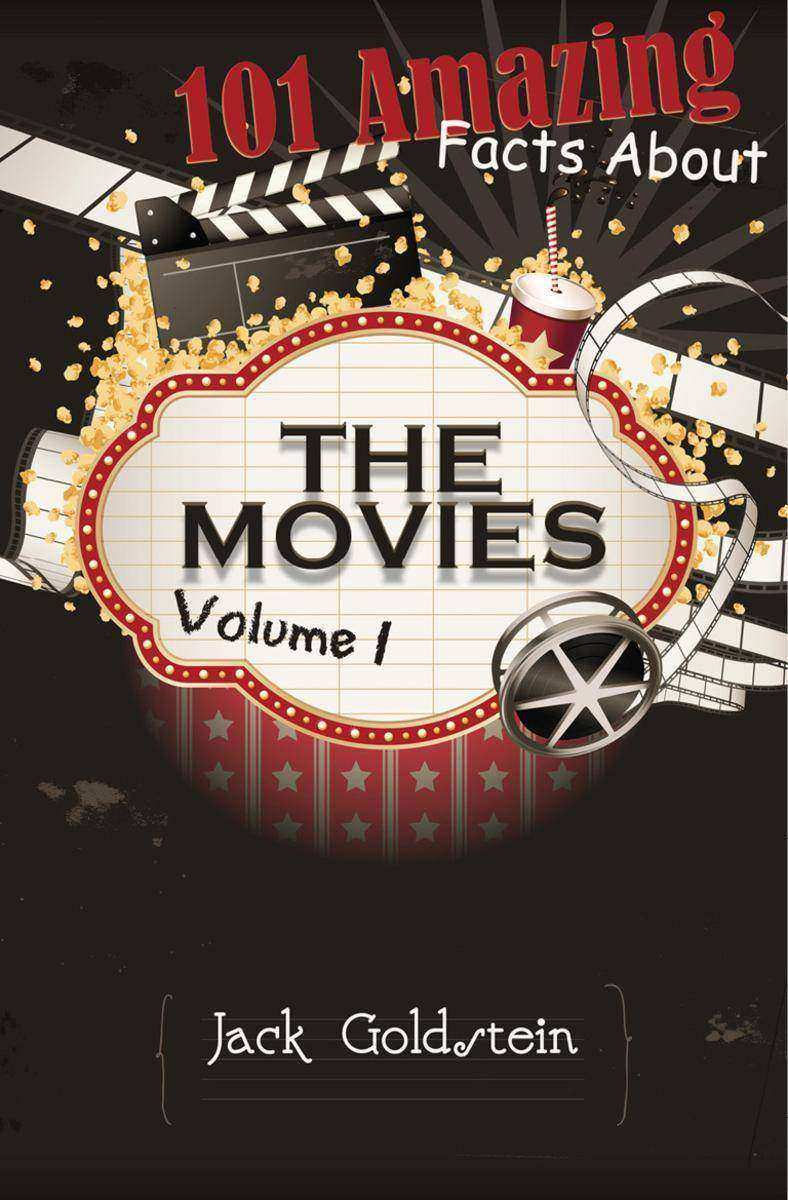
101 Amazing Facts about The Movies - Volume 1
¥19.52
Did you know that the dog who played Toto in The Wizard of Oz earned more money for the film than any of the munchkins did? Or that Jack Nicholson was considered for the role of Hannibal Lecter in Silence of the Lambs? If you enjoy going to the movies, you will love this book which contains over one hundred amazing facts about your favourite flicks. Organised into sections such as cameos, money, props and more, this is the perfect addition for any film fan's bookshelf.

50 Quick Facts About New York
¥9.71
New York is one of the most densely populated Staes in all of America and is home to New York City which is one of the worlds most visited tourist destinations and home to attractions such as the Empire State Building, Times Square and the Statue of Liberty amongst others. Inside this book you will find various facts and trivia about the state, it's history, geography and other interesting facts.
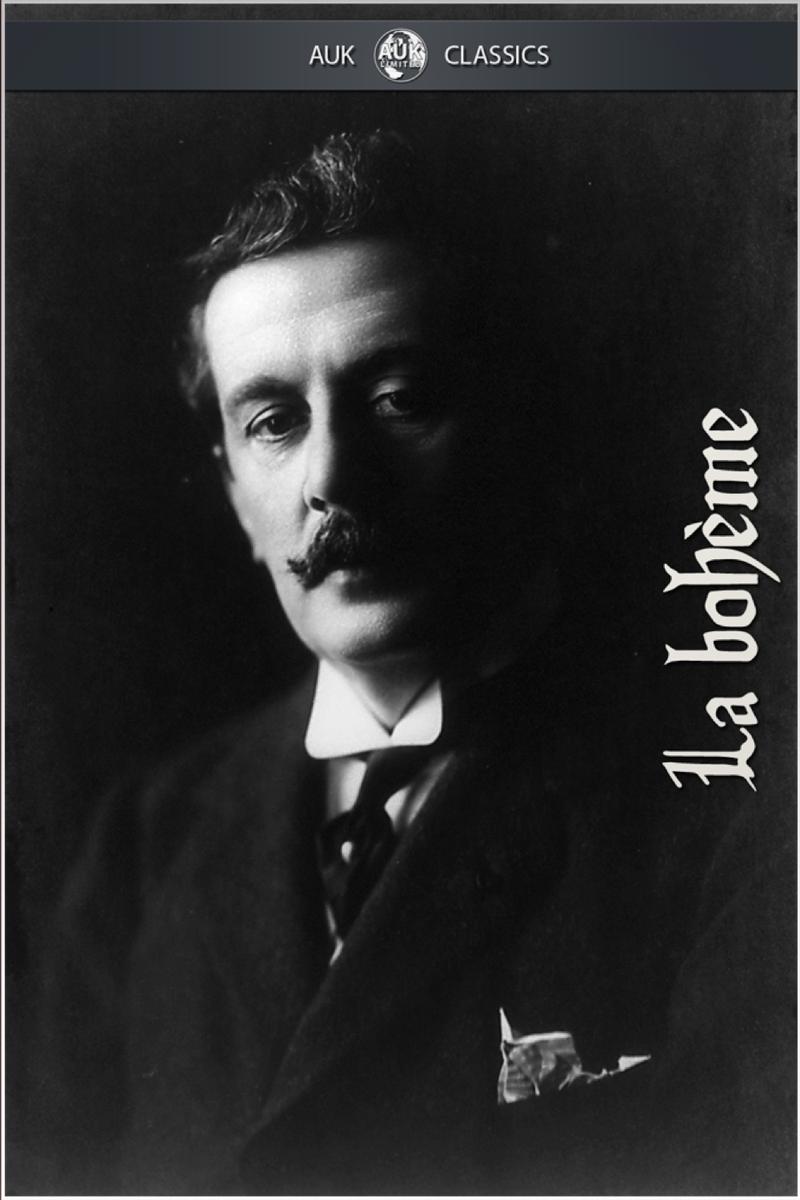
La Boheme
¥19.52
The full english text for the opera La Boheme by Giacomo Puccini. A romantic tragedy about the love between a poet, Rodolfo, and a seamstress, Mimi.

Letters of Wolfgang Amadeus Mozart
¥19.52
The private letters to friends and family of one of history's greatest musical minds, Wolfgang Amadeus Mozart. A wonderful look into the personal life of the great composer.Translated into English and with full notes on names and phrases used in the letters.

Living With Body Dysmorphic Disorder
¥73.48
Lea Walker first caught the public eye when she appeared on Channel 4's Big Brother programme in 2006. Her outgoing personality, surgery enhanced figure and outspoken manner kept audiences glued to their screens but behind the smiles she was hiding a long history of eating disorders, abusive relationships and unhappiness. As well as trying to come to terms with a history of violence, a failed marriage and life as a single parent, Lea has faced a continuous battle with her distorted body image. It is only recently, that she has managed to emerge triumphant from the trauma of the past and find the inner strength to finally lay her demons to rest. Living with BDD is more than a biography. It is a touching and honest account of one woman's struggle to come to terms with the crushing low self esteem and dysfunctional body image that have dominated her life. By telling her story, Lea hopes that she may be able to help others to face up to their own personal nightmares. She is living proof that there is no problem so great that it cannot be overcome.

Mercury Man
¥53.86
On 24 November 1991 people all over the world mourned the untimely death of Freddie Mercury, lead singer of rock band Queen. But for the author, Mary Howis, her life would never be the same, as, from that day forward, she was aware of a strange presence around her; someone from the spirit world - the spirit that once was Freddie Mercury, known in the spirit world as 'the Mercury Man'. Mary had been chosen for a special mission - to be an instrument for the spirit world, for Freddie, through which they could communicate. But why her? Why someone who, until the news reports of Freddie Mercury's death, had never even heard of him? Mary tells the story of her spiritual journey of discovery from disbelief, self-doubt and denial to an absolute conviction that what she was experiencing was real, the messages she was receiving were true, and they were proof that life continues after death; that Freddie was still alive, in spirit form, and had much knowledge to impart to the world. Despite the ridicule she might face, Mary knew that she was destined to write this book, to tell her story - Freddie's story - to the world, in the hope that it would bring comfort and hope to those who are suffering in their earthly bodies, who are grieving for loved ones, who are fearful of death. The message is clear: death is not the end, it is a new and exciting beginning.

101 Amazing Facts about Blink-182
¥19.52
Are you the world's biggest Blink-182 fan? Do you know everything there is to know about pop-punk's greatest band? Or are you new to the scene and want to become an instant expert on the band everyone is talking about? Then this is the book for you. Contained within are 101 amazing facts covering everything from the band's early days through the more difficult times (including the infamous plane crash) right up to their 2016 comeback - although WE all know they never really went away! Amaze yourself and your friends with these handily-packaged facts which are easily organised into relevant categories for maximum enjoyment.
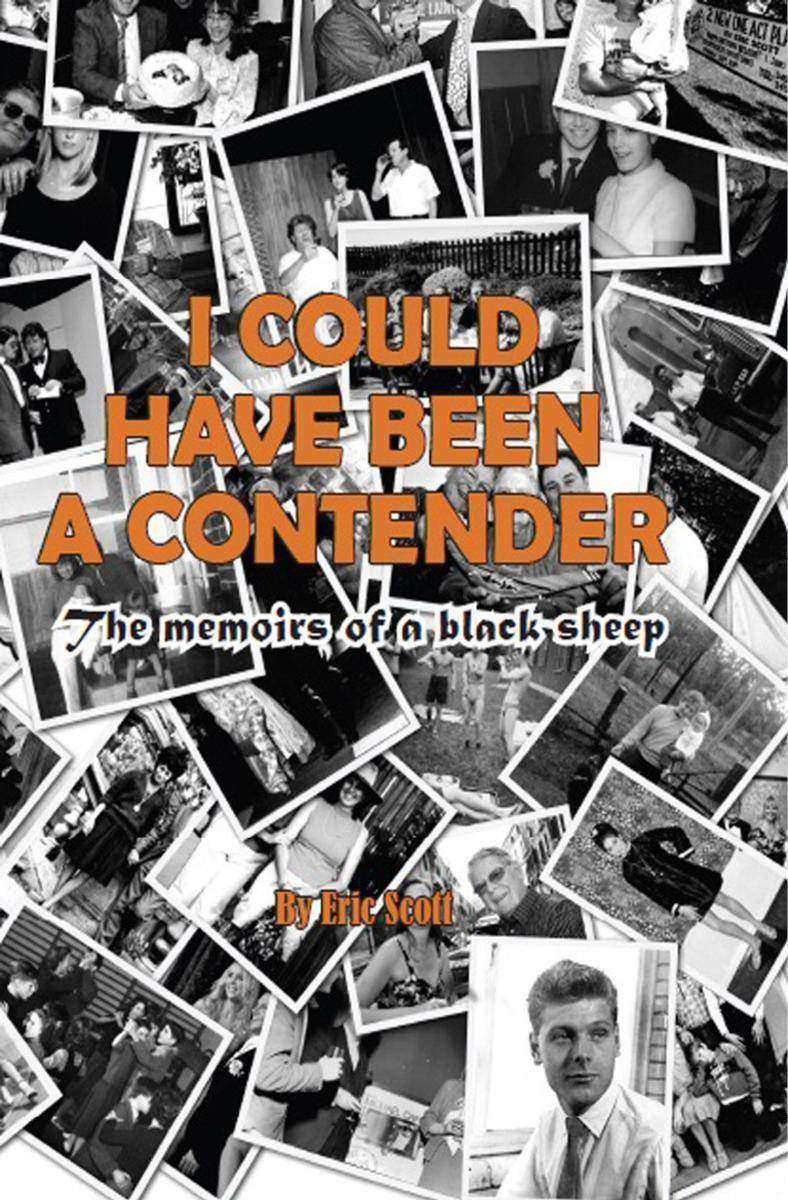
I Could Have Been a Contender
¥29.33
It's 1971 and rock and roll was at its height. Small-time Australian agent Wayne Zemmerman scored an unimaginable coup when he signs British supergroup Andromeda for a nationwide tour. Showbiz reporter Scottie McPherson smells a rat and starts his investigation. The Sound Mixers is a dramatic expose of the rock industry: fiction that reads like fact. A gripping story that moves at breathtaking pace to a devastating climax, Performers, promoters, manipulators, illusion creators - the characters which inhabit the world of rock'n'roll are ruthlessly dissected in an intricate plot full of shocks and suspense. Big business is the name of the game; a game in which the tough survive... but even then not always.He clears up some old mysteries too - like what really happened on the night when American TV star Michael Cole swore on live TV at the Australian Logie Awards and how the Beatles came by their trademark haircut.But it is not all showbiz; the memoirs take us through the childhood fun and games of World War II in the UK, the miseries of teen hood and the horrors and fun of National Service, not to mention the personal traumas of five marriages and break-ups.The stories from a great raconteur run through eight decades, from 1939 through to 1970 in the UK and from then on in Australia. The book gives a shrewd insight to the changing lifestyles through those decades and through the eyes of a professional observer.

Ultimate Classical Music Quiz Book
¥19.52
The 'The Ultimate Classical Music Quiz Book' is a fun selection of original questions (and answers!), comprehensively covering all facets of classical music between 1730 and 1820! As a quiz game it will separate the Mozart's from the Salineri, the Beethoven's from the Luchesi's and is a fantastic way to enjoy classical music even more.
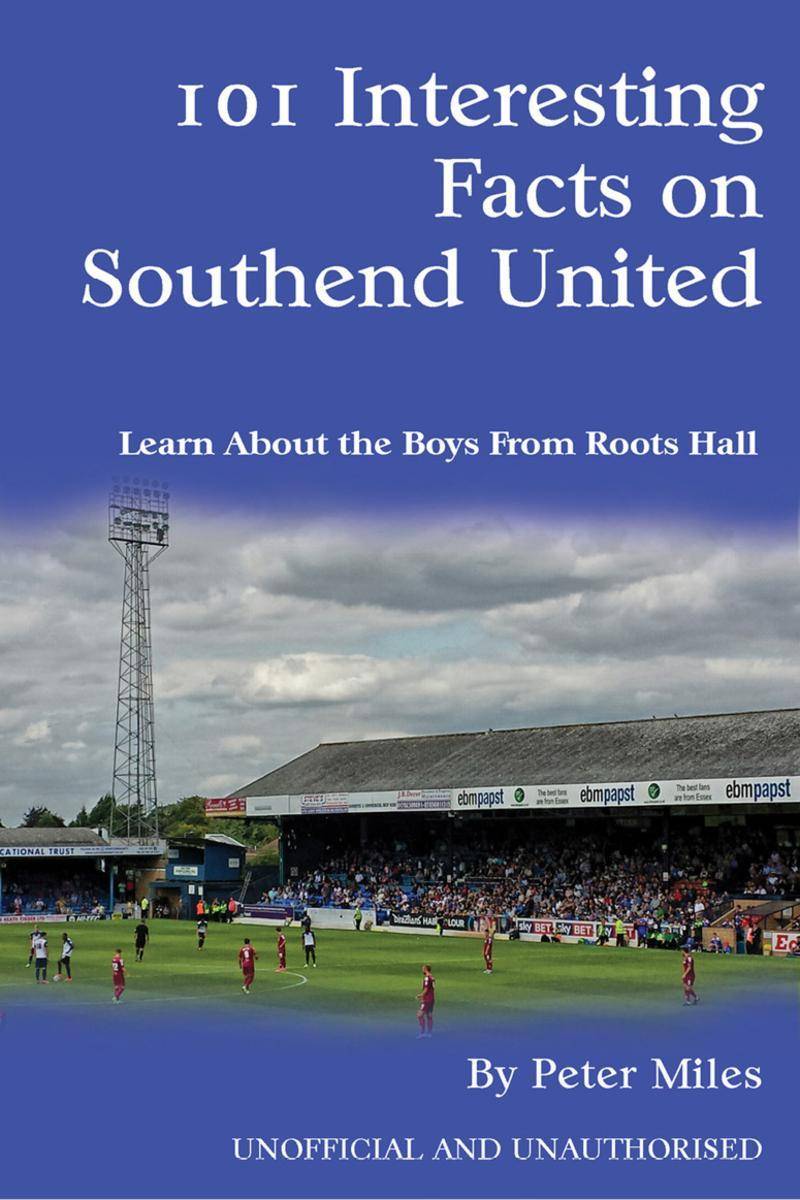
101 Interesting Facts on Southend United
¥24.43
Is Southend United your local football club? Are you a lifelong fan of the Blues or new to the touchline? Do you know all about the team's long and fascinating past, which began in the Blue Boar pub in 1906? Would you like to find out more? If you answered yes to any of these questions, you are certain to enjoy 101 Interesting Facts on Southend United, all about the boys from Roots Hall. Perfect for challenging your friends on match days or teaching your children about the history of your local football team. This tribute to the Southend United will tell you everything you ever wanted to know about the Blues, including all the memorable faces that have played a part in the team's wins and losses through the years. This is a must-have book for Southend supporters of all ages, so why not relive all those unforgettable moments from days gone by and gen up on your favourite football club.

101 Amazing Facts about Chocolate
¥19.52
Did you know that the Latin name for the tree from which we get the seed that we turn into chocolate translates as 'Food of the Gods'? Or that eating chocolate can in fact help prevent tooth decay? Separated into sections such as chocolate through history, chocolate around the world, the production process and more, this interesting read contains over one hundred facts. Whether you are a complete chocoholic or you just want to learn more about a hugely fascinating subject then this is the book for you.

Shakespeare's Lost Years in London
¥19.52
Between the years of 1586 and 1592 there is very little historical information on the life of William Shakespeare. This work tries to fill in that gap, although it does, like many other works on the subject, delve quite a bit into invention and conjecture.

Vamps Quiz Book
¥24.43
Are you a fan of British band The Vamps? Have you recently discovered this exciting new group or seen them perform as supporting artists? Can you name all the tracks on their debut album? If you think you know about Bradley, Connor, James and Tristan or would like to find out more, you are certain to enjoy The Vamps Quiz Book. Which boy band did The Vamps support in the UK and Ireland on their 'Word of Mouth' world tour? In what year was the band's debut single released? Which American actress and singer featured on the band's song 'Somebody to You'? The answers to these and similar questions can all be found inside. This book contains100 brain-teasers about The Vamps and includes singles, debut album, tour dates and awards as well as many personal details about each band member. If The Vamps is currently your favourite band you won't want to be without this quiz book detailing the early days of the band's promising career in pop.

Ella Henderson Quiz Book
¥24.43
Are you a fan of Ella Henderson? Have you followed her meteoric rise to fame from her first X Factor audition through to the release of her debut solo album? Do you know all the lyrics to Ella's soulful songs and enjoy singing along? If you answered yes to any of the above, you are certain to enjoy this new quiz book all about the multi-talented singer-songwriter. Which Cher song did Ella sing at Boot Camp when she appeared on The X Factor? On what UK television show did Ella appear alongside Joey Essex and Al Murray during December 2014? Who directed Ella's music video for her song 'Yours'? Dip inside The Ella Henderson Quiz Book to find the answers to these questions and more. Packed full of facts about Ella's amazing career to date, this quiz book contains 100 questions about the emerging star including both professional highlights and personal details. This book is sure to appeal everyone who enjoys the music of Ella Henderson and would like to find out more about her.

Immortals
¥58.76
An invaluable companion to both the UK and US hit series, analysing each episode (including the un-filmed pilot for Elementary), identifying trivia, offering criticism and considering Canonical fidelity.

101 Amazing Justin Bieber Facts
¥14.62
Are you the world's biggest Belieber? Do you know everything there is to know about the world's best-known teen star? Then this is the book for you! In this easy-to-digest eBook are 101 facts about your favourite singer - do you know all of them?Test yourself and your friends with these handily-packaged facts easily organised into categories for maximum enjoyment. Show everyone that you are the master of Bieber fever!




 购物车
购物车 个人中心
个人中心



